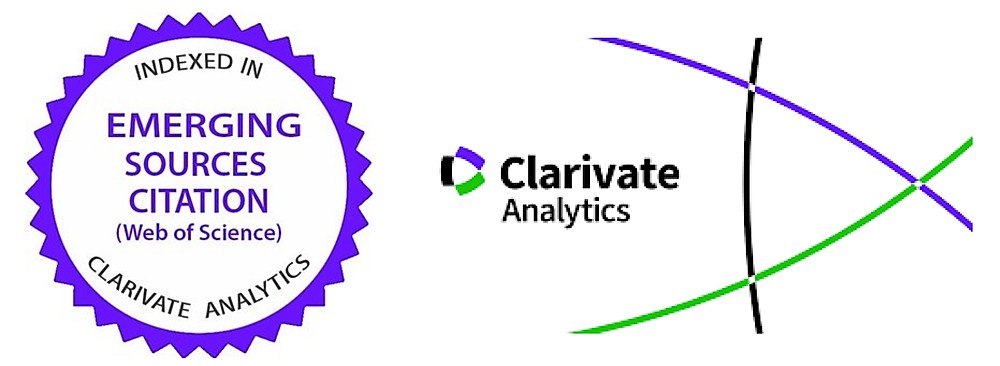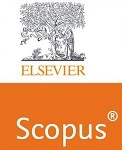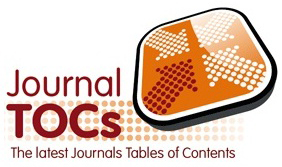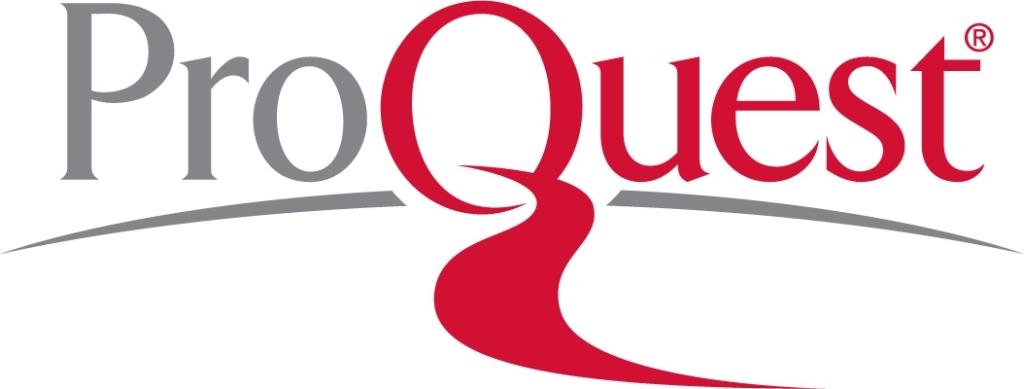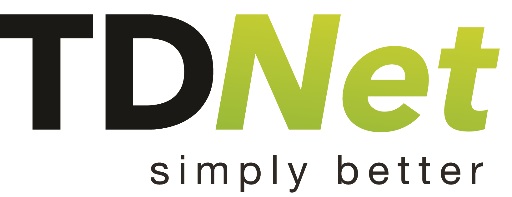The Rational Distribution of Public Resources: A Challenge for Public Budgets Reform
Abstract
Nowadays, rational allocation arguments of public resources go as far as to encompass not only economic criteria on how an administrative - territorial unit should use and distribute its revenues, but also the normative and social criteria. In this context, when speaking about the budgetary reform, public sector efficiency and effectiveness, as well as the improvement of expenditure control become constant issues, and increased the pressures on budget process. On this premise, the author discusses the implications of allocation process looking at the revenues and expenditures relationship at local government level. The analysis takes into account two institutional scenarios: (1) revenues distribution from state budget to local budget, and (2) revenues distribution into local budget (on types of activities). I argue that the compliance with the rational institutions’ arrangements is on the one hand, a potential for increasing the balance of local budget and, on the other hand the impetus for macroeconomic stability. Taking into consideration the aim of the paper, the research methodology is based on a case study as research strategy, and uses the triangulation method to obtain confirmation of findings through convergence of different perspective. Regarding the qualitative research, the author use theoretical framework, legal analyses, systematic and analytical collecting data from official written sources, and macroeconomic indicators for quantitative aspects.


